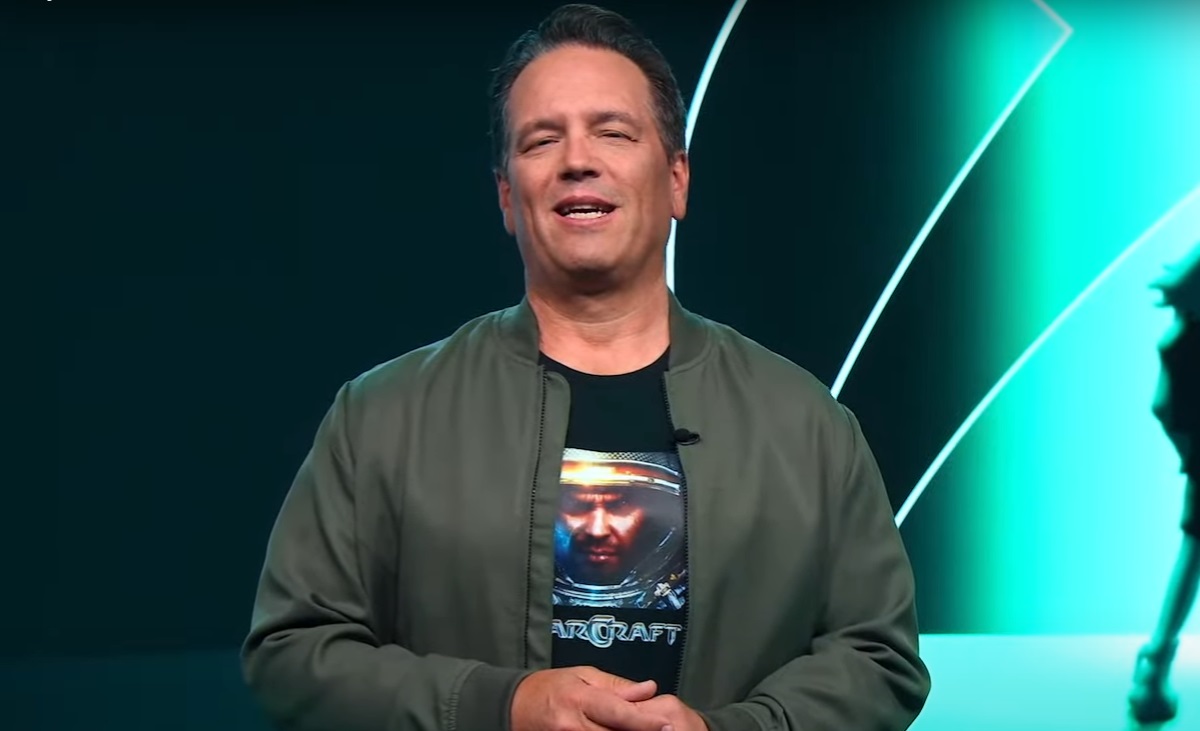I have seen war. Well, actually, I’ve played at war from the comfort of my gaming chair. Which means, in all honesty, I haven’t seen war at all. I have clicked on many pretend enemy soldiers, however, and they have fallen over appropriately.
According to UK Defence Secretary John Healey, that makes me a great candidate to join the UK military, rather than writing words for the internet. A new career opportunity awaits!
Speaking at the annual Labour Party conference in Liverpool, Healey gave an impassioned speech about the UK military’s current recruitment woes—stating that, out of one million applicants over the last ten years, three in four gave up due to red tape and an application process that can take months to complete.
Healey announced that not only was he scrapping 100 “outdated policies” that stand in the way of current military hopefuls, but also that he wanted gamers, coders, and let’s face it, us nerds, to do our duty and serve.
“I’m setting up a new direct route for Cyber Military recruits. Because if you’re a top gamer, or a coder, your country needs you,” he announced, in front of a bright red backdrop, the traditional colour of the UK Labour Party.
@skynews ♬ original sound – Sky News
“We’ll create an armed forces that draws the very best of Britain’s talent. Better fit to fight, [and] better reflecting the country they defend.”
Presumably that’s a country of gamers and coders that’d much rather be in front of a good monitor than at the heart of a tank, which is pretty understandable. Still, those pared down recruitment policies include lower fitness requirements, and a removal of disqualifications for certain medical complaints, like hayfever, eczema and acne.
Blimey, that’s a pretty stereotypical version of the average gamer, isn’t it? Still, speaking to the Sun on Sunday (via The Daily Mail), Healey reckons with those pesky blocks out of the way, more UK tech enthusiasts will be able to get on with the things they’re best at: clicking buttons, clacking keys, and, err, piloting drones:
“You can see the changing nature of warfare in Ukraine, where the combination of artillery and drones is responsible for the large majority of all the casualties.
“The sort of skills that drone pilots have are many of the same skills as some of our best console warriors in civilian life.”
Well, you heard the man, best get to it. Or not, as the case may be. While I’ve certainly refined my controller skills over the years, I still don’t reckon you should trust me with an actual weapon of war, even if they can be controlled by the very same devices these days.
Given my dreadful multiplayer record, you’d be far more likely to find me accidentally flattening my hometown rather than an enemy target, getting confused by the map, and getting up halfway through to stretch my legs and check the F1 qualifying results.
A prime soldier I would not make, even if you ignored my hayfever (some stereotypes really are true) or the odd flare-up of itchy skin.
Still, points to Healey for recognising that gamers and coders are a thing now and that young people are more interested in screens than fighting in foreign fields. Points deducted, of course, for trying to wrangle those interests into a military recruitment opportunity. You win some, you lose some, I guess.



